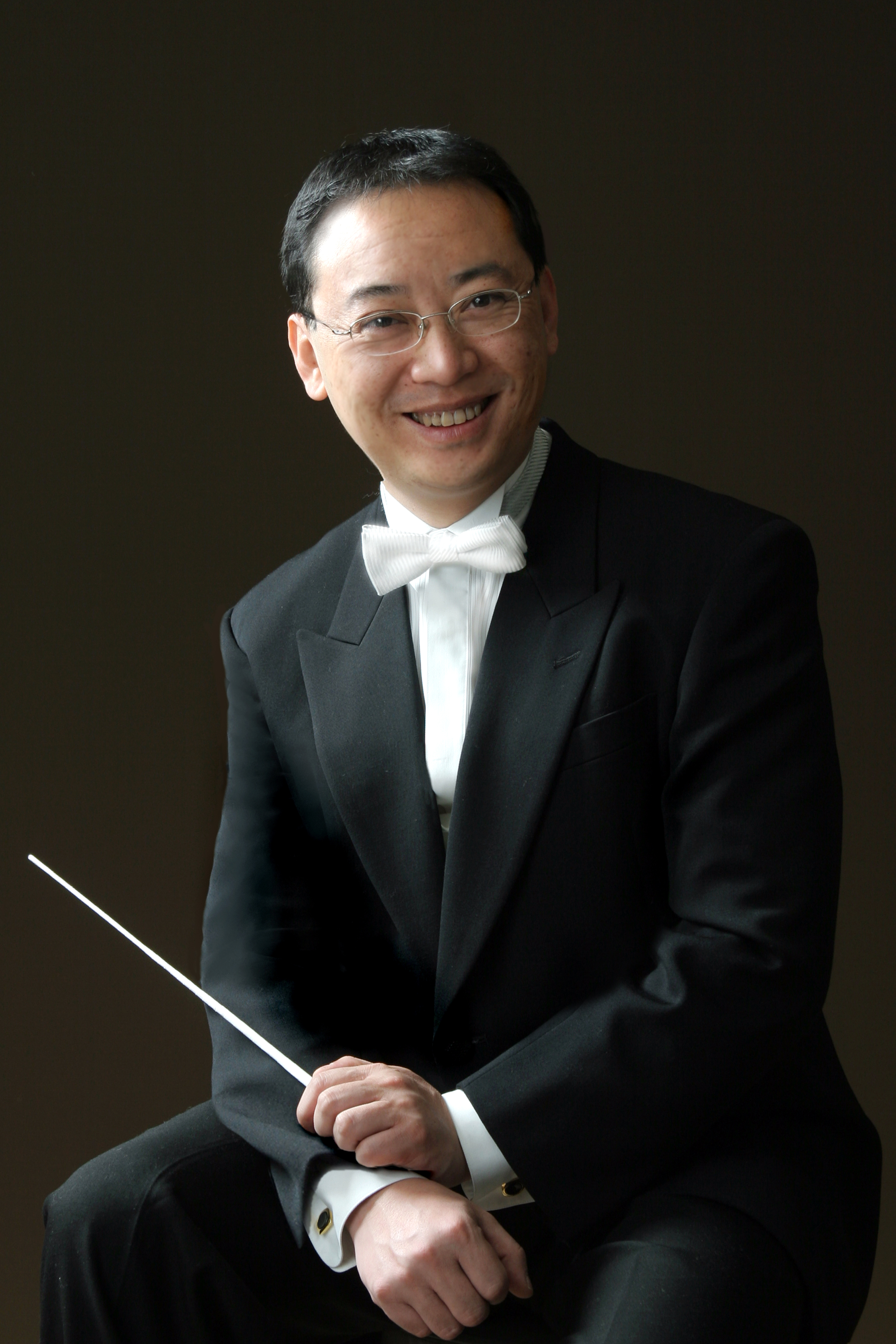A mesmerizing night with Tchaikovsky
The music of Pyotr Ilyich Tchaikovsky, the most popular Russian composer of all time, has always had great appeal for the general public by virtue of its tuneful, open-hearted melodies, impressive harmonies, and colorful, picturesque orchestration, all of which evokes a profound emotional response.
This Friday evening, the Shenzhen Symphony Orchestra, conducted by Liu Ming, will perform the overture of his first opera, his last symphony and his only violin concerto in collaboration with violinist Chen Xi.

Liu Ming
“The Voyevoda, Op. 3,” meaning “Dream on the Volga,” is an opera in three acts and four scenes, with a libretto written by Alexander Ostrovsky based on the author’s play of the same title. Tchaikovsky destroyed the manuscript of this 1868 opera two years after composing it, and left the subject to his former pupil Anton Arensky, who was supposed to write something different. The current work, with beautiful themes, was posthumously reconstructed from Tchaikovsky’s surviving orchestral and vocal parts and his sketches.
“The Symphony No. 6 in B Minor, Op. 74,” also known as the “Pathétique Symphony,” is the final composition by Tchaikovsky. This piece is forever associated with the tragedy of his sudden death. In the last year of his life, 1893, the composer began working on a new symphony. Sketches dated from as early as February, but progress was slow. Concert tours to France and England and the awarding of a doctorate of music from Cambridge cut into the time available for composition. The work seems unusually somber, particularly in its finale that, both in tempo and dynamics, fades into nothingness. Tchaikovsky’s only remembered comment about the piece is, “Without exaggeration, I have put my whole soul into this work.”
“The Violin Concerto in D Major, Op. 35” is filled with lyric melodies suggestive of the Slavic and Russian folk songs that so often found their way into Tchaikovsky’s ballets. Despite the difficulties of the solo part, the violin focuses on decorating the theme rather than on presenting purely technical passages. The second theme of the first movement has often been cited as an example of Tchaikovsky at his lyric best. In the lively finale, the influence of folk songs is most strongly heard. Taken as a whole, the work turns out to be one of Tchaikovsky’s most creative and least pretentious works.

Chen Xi
Chen, who plays a 1690 Pietro Guarneri violin loaned to him by a private Chinese collector, promises to wow the audience with his technical excellence, gorgeous tones, musical imagination, passion and emotional maturity.
Chen studied at the Curtis Institute of Music and then graduated with a master’s degree from Yale University.
In June 2002, Chen, then 17, participated in the 12th International Tchaikovsky Violin Competition, one of the most prestigious classical music competitions in the world. Even after an unfortunate injury to his hands before the semifinals, he continued to perform with passion and faultless technical precision. He won second prize — no first prize was awarded — making him the youngest prizewinner in the history of the competition.
Liu, a professor with the Xinghai Conservatory of Music and principal conductor with SZSO, is one of the most sought-after conductors in China today. He has conducted numerous orchestras including the Nuremberg Symphony Orchestra and the Paris Opera Ballet.
Time: 8 p.m., March 24
Tickets: 50-480 yuan
Booking: WeChat account “深圳大剧院票务在线”
Venue: Shenzhen Grand Theater (深圳大剧院)
Metro: Line 1 or 2 to Grand Theater Station (大剧院站), Exit C